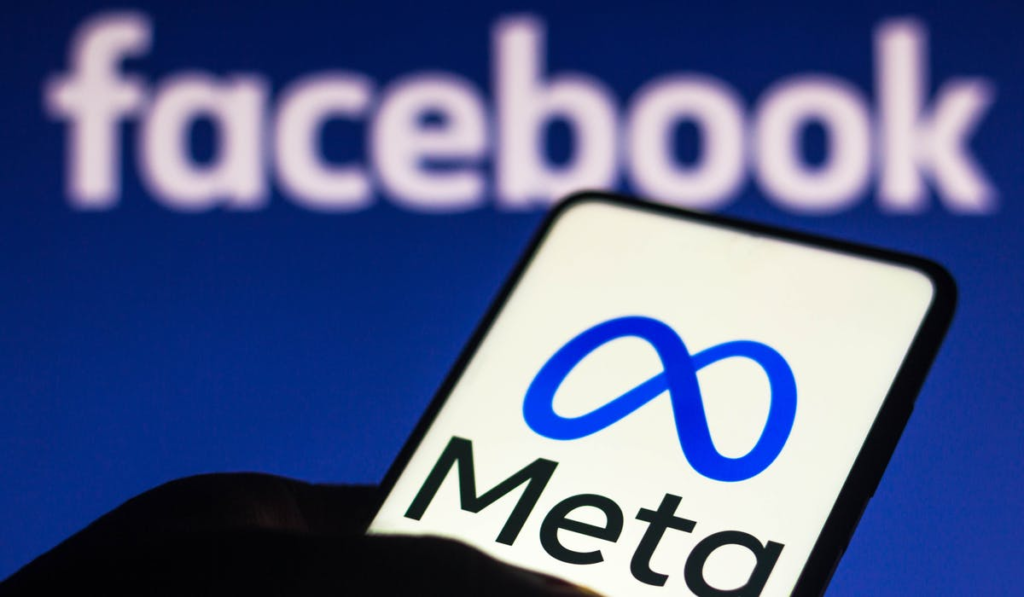
Meta CEO Mark Zuckerberg has outlined the company’s ambition to build “superintelligence”, describing it as a tool to help people “lead more fulfilling lives”.
Speaking to investors overnight (30 July), Zuckerberg defined superintelligence as “AI that surpasses human intelligence in every way”, claiming such technology is “now in sight”.
“Meta’s vision is to bring personal superintelligence to everyone, so that people can direct it towards what they value in their own lives,” he said. “We believe this has the potential to begin an exciting new era of individual empowerment.”
 Meta CEO Mark Zuckerberg has outlined the company’s ambition to build “superintelligence”, describing it as a tool to help people “lead more fulfilling lives”.
Meta CEO Mark Zuckerberg has outlined the company’s ambition to build “superintelligence”, describing it as a tool to help people “lead more fulfilling lives”.
Speaking to investors overnight (30 July), Zuckerberg defined superintelligence as “AI that surpasses human intelligence in every way”, claiming such technology is “now in sight”.
“Meta’s vision is to bring personal superintelligence to everyone, so that people can direct it towards what they value in their own lives,” he said. “We believe this has the potential to begin an exciting new era of individual empowerment.”
To deliver this ambition, he pointed to the creation of Meta’s Superintelligence Labs, focused on building the next generation of AI models.
“We’re building an elite, talent-dense team,” Zuckerberg explained. “We’re making all these investments because we have conviction that superintelligence is going to improve every aspect of what we do.”
The announcement followed an aggressive recruitment drive, with Meta reportedly spending hundreds of millions of dollars to poach top AI talent from OpenAI, Apple and Google to power its new lab.
While Zuckerberg didn’t detail what superintelligence would entail, he suggested that AI glasses would likely become the primary interface for integrating it into daily life.
“One of the interesting challenges in running a business like this now is there’s just a very high chance, it seems, like the world is going to look pretty different in a few years from now,” he stated.
The Meta CEO also noted that building superintelligence would require systems capable of improving themselves.
“For developing superintelligence at some level, you’re not just going to be learning from people, because you’re trying to build something that is fundamentally smarter than people,” he said.
“So it’s going to need to learn how to, or you’re going to need to develop a way for it to be able to improve itself.”
Zuckerberg briefly addressed safety concerns around developing superintelligence, stating in a separate note released ahead of the earnings call: “Superintelligence will raise novel safety concerns. We’ll need to be rigorous about mitigating these risks and careful about what we choose to open source.”
He also touched on the metaverse, suggesting AI would accelerate progress in that area.
“If you’d asked me five years ago, whether we’d have holograms that created immersive experiences or superintelligence first, I think most people would have thought that you’d get the holograms first. And it’s this interesting kind of quirk of the tech industry that I think we’re going to end up having really strong AI first,” he said.
For the three months ending 30 June, Meta reported total revenue of $47.5bn (£35.9bn), up 22% year-on-year. Advertising generated $46.5bn (£35.1bn), a 21% increase.
Zuckerberg attributed the company’s “strong performance” this quarter to AI-driven efficiencies across its ads system.
He said improvements to Meta’s ad recommendation system drove around 5% more conversions on Instagram and 3% more on Facebook. AI-powered ad creative, as part of campaigns that use Meta’s generative AI features, also contributed a “meaningful percent” of total ad revenue.
“This is going to be especially valuable for smaller advertisers with limited budgets, while agencies will continue the important work to help larger brands apply these tools strategically,” he said.
Meanwhile, Zuckerberg claimed that advancements in its recommendation system thanks to AI has led to a 5% increase in time spent on Facebook and 6% on Instagram this quarter.


